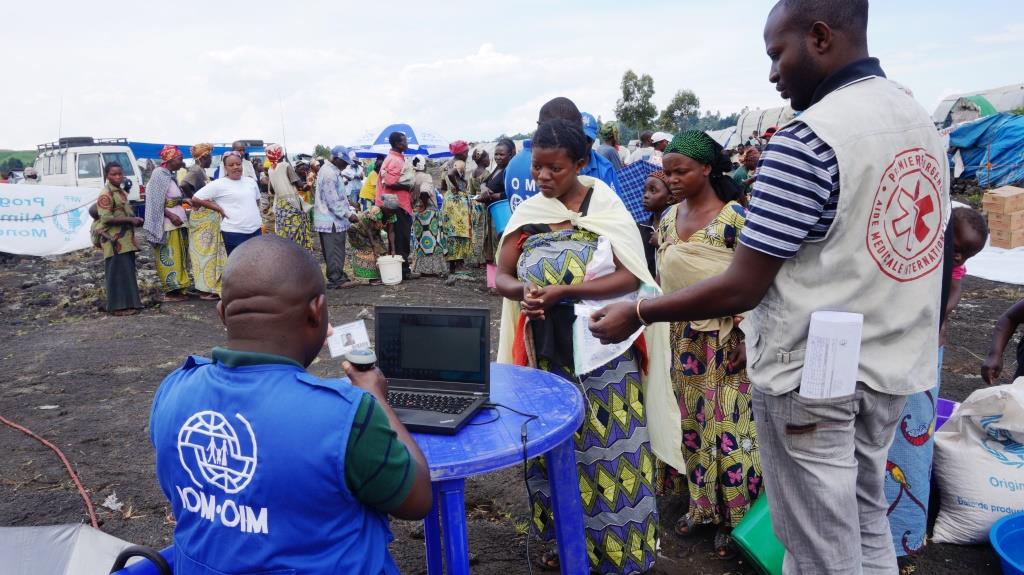By Peter Van Der Auweraert
Everyone needs land, even more so in countries where large parts of the population rely on agriculture for their income and livelihood. When people are displaced in times of conflict often their land is taken over by others. The longer the displacement lasts, the greater the likelihood that this occurs. Sometimes these “secondary occupants” are conflict entrepreneurs who may have played a role in causing the displacement in the first place. Armed groups who want access to the land of displaced so that they can exploit the valuable natural resources that sit underground has been a recurring scenario. But other times just ordinary people whom themselves were forced out of their homes by the conflict or who never had access to (sufficient) land to begin with do seek an opportunity to better provide for themselves and their families and end up occupying other displaced persons land.
Once peace returns, many land disputes arise. If security allows and if there are enough opportunities and basic services in place to rebuild their interrupted lives, refugees and internally displaced persons (IDPs) will often want to come back. Yet these kind of land disputes hinder sustainable peace and economic development as well as have potential to trigger more violence if no appropriate measures are put in place.
On 22 April, the International Conference on the Great Lakes region (ICGLR) adopted the Nairobi Declaration on Effective Implementation and Operationalization of the Protocol on Property Rights of Returning Persons in the Great Lakes Region. Eleven Ministers of Land signed the Declaration, following a two-day expert meeting in which IOM land experts were rapporteur in two working groups. The Declaration aims to address what is an all too familiar and often ignored phenomenon in many of the countries in the region.
In the region millions of people are displaced and, indeed, displacement continues in some countries hence the declaration aims to tackle a problem as large in scale as in complexity.
Legally, of course, and as reinstated in the Nairobi Declaration, displaced people have the right to get their land back once they return. But this right means little in practice if there are no institutions that can help one to actualize their right against those that may now occupy the land.
Most times IDPs and refugees find themselves unable to return or, if they do, they become embroiled in a new cycle of conflict and violence, sometimes pitting a family member against another as is now the case in some parts of Burundi.
The lack of access to land can also prevent local integration, if return is not an option wanted by the displaced. Host communities may be willing to allow the displaced to live on their land as long as the conflict last, but once the peace is there, their patience tends to run out quite quickly.
The Nairobi Declaration recognizes all this and endorses a two-pronged approach for the countries in the Great Lakes region to deal with this. First, it commits the ICLGR Member States to review their laws and policies and incorporate the Principles of the Property Rights of Returning Persons. This Protocol, which already dates from 2006 and is legally binding on the ICLGR Member States, sets out a solid human rights framework to deal with displacement and return-related land issues.
Secondly, and acknowledging that laws alone are insufficient to make a difference on the ground, it commits the States to develop land policies that are in line with economic development priorities while taking into account the need to protect returnees in line with the realities of displacement in the Great Lakes region. This commitment is somewhat of a breakthrough because quite often land policies are developed outside any consideration that land relations are deeply affected by years, if not decades, of conflict-induced population movements.
While this a great step, a declaration alone will not make the land issues go away that quick. There are still formidable hurdles to an effective approach that is both implementable and respectful of the rights of those concerned remain. However, the collective recognition by ICLGR Member States that peace cannot be attained without tackling the issue of land and that regional exchanges and collaboration are necessary gives some hope that, step-by-step, displacement- and return-related land issues are being addressed.
Link to the declaration: http://www.icglr.org/index.php/en/homepage/135-laast-news/585-declaration-land-and-property
More on IOM’s work on Land, property and reparations: https://www.iom.int/land-property-and-reparations-division-lpr
---------------------------
Peter Van Der Auweraert is the head of Land, Property and Reparations Division at IOM
